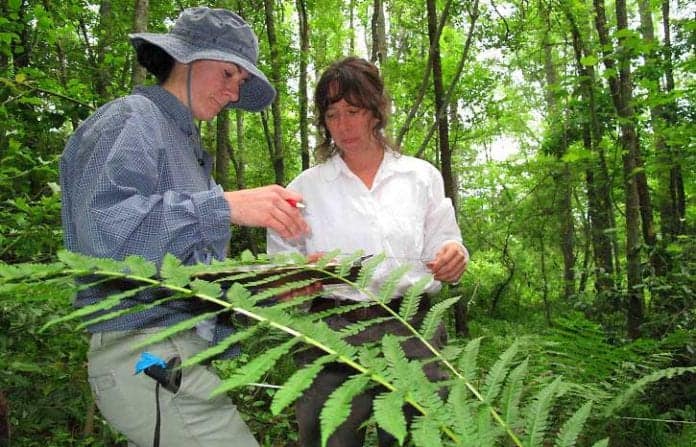
Field Biologist: Do you love traveling and staying outdoors? Would you be comfortable spending long hours in remote areas in a variety of weather conditions? Do you have a strong interest in studying organisms in general? Do you enjoy biology as a science?
If you answered yes to ALL of these questions, a career in field biology might suit you!
But if you haven’t heard about it, this article might help you find out. Let’s explore!
Table of Contents
What is Field Biology?
As its name suggest, this field requires researchers to spend time in remote areas in order to observe a variety of organisms. Basically, the main focus of study is understanding how well organisms adapt to their natural environment and immersing oneself in the process.

What Does A Field Biologist Do?
Apart from conducting research, field biologists are expected to have expertise in understanding the ecology and diversity, and the evolution of various organisms. In addition to that, they are also to understand how each organism play its niche (specific role) in the community.
Listed below are some of the most common duties[1] of a field biologist.
1. Identification & Classification


2. Observe Behavioral Patterns
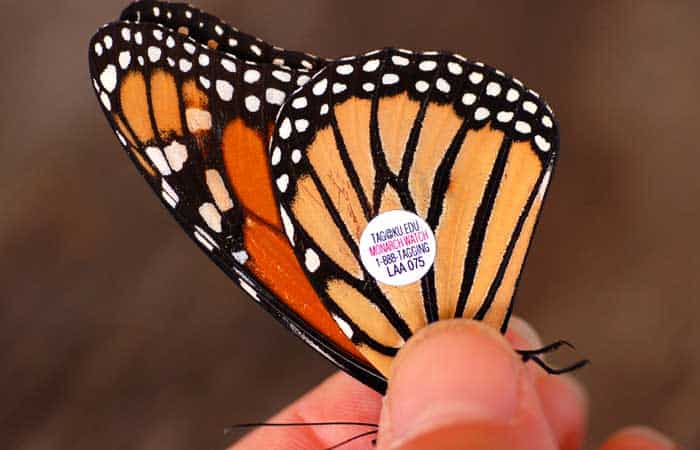
- Sometimes, field biologists even make traps or tranquilize wild animals in order to have information regarding their measurements, gender, age, and overall well-being.
- After that, they put “tags” or “locators” to these animals and free them eventually.
- However, whenever their captured animal is an endangered one, field biologists transport them and bring to wildlife sanctuaries in order to try to save them.

3. Collect Samples
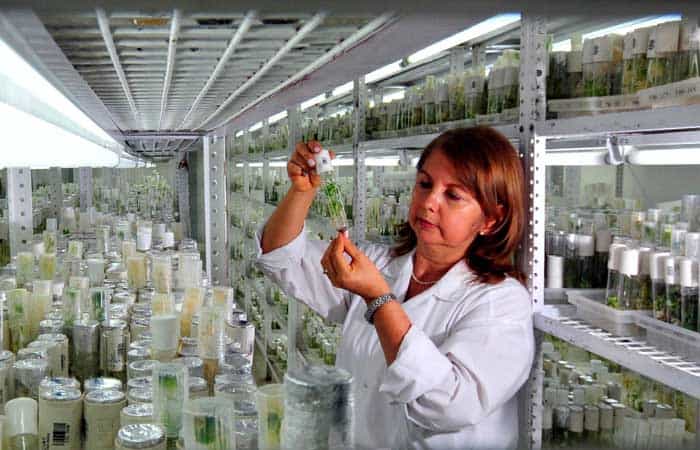
- After that, the samples are transported in the laboratory for further analysis and testing.

4. Act As An Environmental Advocate

- By being knowledgeable about the identity of various organisms, field biologists are tasked with influencing the general public in terms of the physical, economic, cultural, and health impacts of environmental issued.

5. Review Scientific Literature

- In field biology alone, the development of biological knowledge about the living processes are significant in developing ways to sustain the environment.
Want to have a sneak peak of what consists a field biologist’s adventures are? Follow this link and watch (the trailer) about how high school graduate Tyler Christensen tried to indulge himself in field biology.
Meanwhile, you can have the full view of the movie by following this link.

Education Qualification for Field Biologists
As alluded to earlier, the science of field biology has a broad scope. Apparently, there are no specific degree programs to field biology. However, if one wishes to indulge in the field, the following undergraduate programs are possible:
1. Zoology

- Like any other fields of science, the field of zoology requires researchers to conduct field research in areas with sometimes harsh climates and remote locations.
- This is of course for scientists to really observe the actual and physical interactions of animals in their natural habitat.

2. Botany

- Like zoologists, botanists are also required to conduct field researches and field works in order to assess plant conditions and behavior. Check out the different botany degree programs.

3. Biology
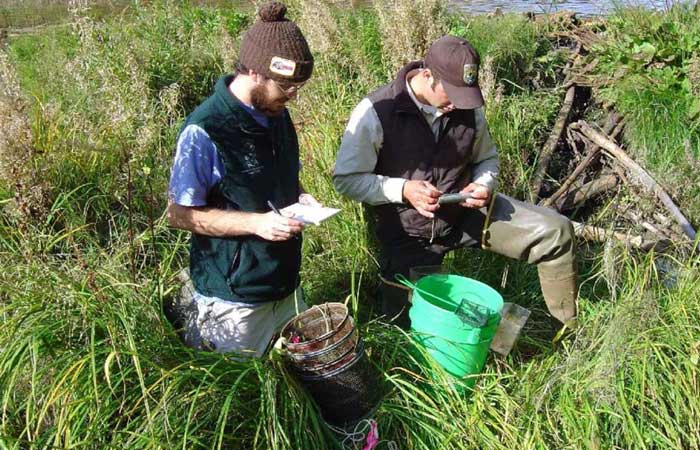
- A degree program in biology usually includes courses like taxonomy, evolution, ecology, environmental conservation, marine biology, genetics, chemistry, and physics. Therefore, the understanding of life in general becomes deeper.
While one can certainly qualify for research positions with just a 4-year bachelor’s degree, it would still be an edge to have a master’s or a doctoral degree. Some research facilities and institutions require the attainment of such degree; therefore, in order to increase your competitive edge, give it a twice thought to pursue higher educational attainments.

How Much Does A Field Biologist Earn?
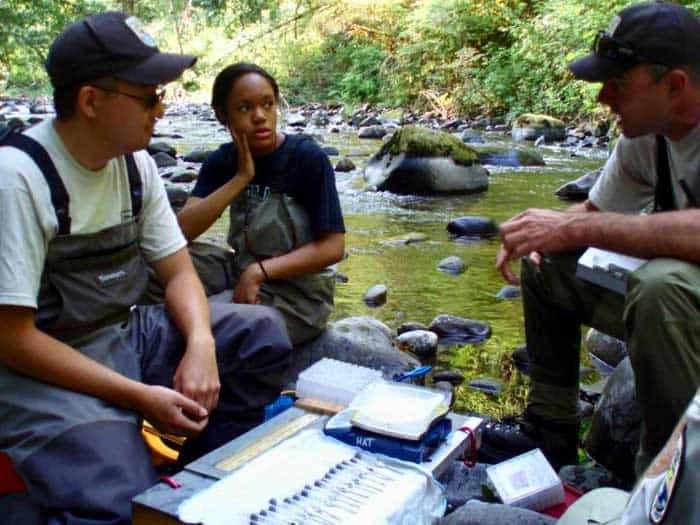
This might be a driving force to aspiring field biologist because according to statistics, employment[5] of field biologists is assumed to increase by 21 % at 2018.
In fact, according to the United States Bureau of Labor Statistics (as of year 2011), the annual salary of a field biologist ranges from $56,000 to more than $83,000!.

At present, our planet is facing various challenges in terms of biodiversity, habitat destruction, and climate change. Therefore, field biologists are extremely needed to preserve the current state of the environment and increase the awareness of endangered organisms.
Our planet needs your help. Now after knowing the aforementioned information, are you already convinced to become one?

Cite This Page
References
- All images are from various sources under the creative commons licenses.
- [1] – “Field Biologist: Job Description, Duties and Requirements”. Accessed June 27, 2017. Link.
- [2] – “Zoologist | Bioscience Careers.” About Bioscience. Accessed June 27, 2017. Link.
- [3] – “What is Botany – Careers in Botany, Science Education and Outreach”. Accessed June 27, 2017. Link.
- [4] – “What Can You Do With a Biology Degree? | Top Universities”. Accessed June 27, 2017. Link.
- [5] – “How to Become a Field Biologist”. Accessed June 27, 2017. Link.






















